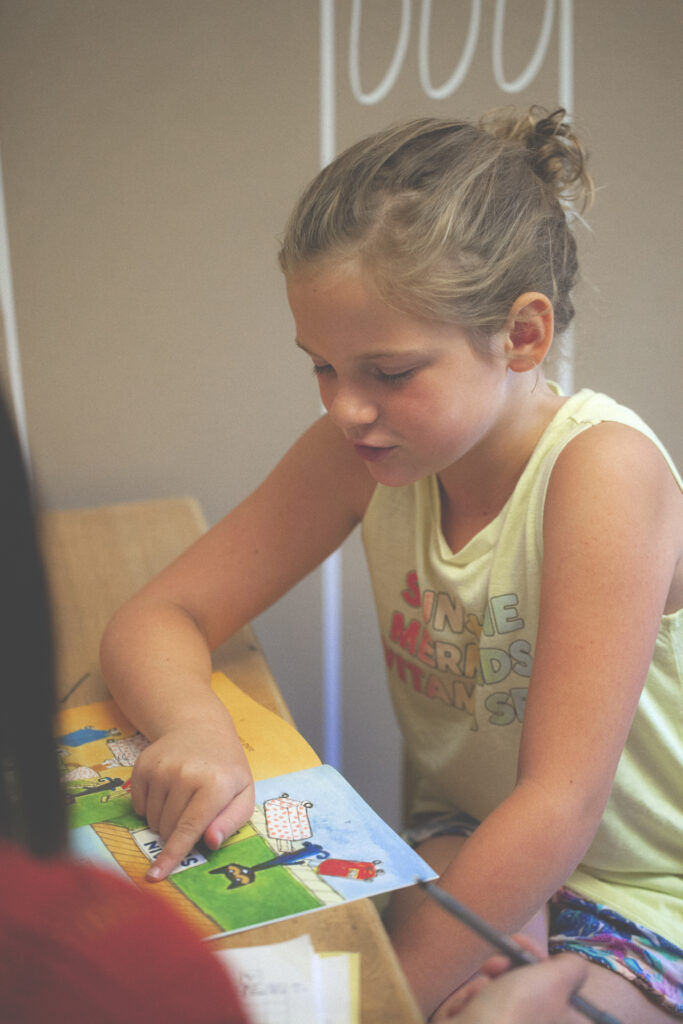
Developmental Language Disorder (DLD) is a disorder impacting approximately 7% of the population, or about 2 students in every classroom. It is broadly defined as a brain difference that makes talking, listening, and understanding language difficult. These difficulties often present in early childhood but can impact the individual across the lifespan (DLD: Developmental Language Disorder: Language Disorder 2019).
A diagnosis of Developmental Language Disorder can be elusive and confusing for a couple of reasons. To begin with, there is a long history of debate about a number of different labels and which one most accurately describes this particular collection of difficulties with language. Previous contenders have included Specific Language Impairment (SLI), Primary Language Impairment (PLI), or an expressive/receptive communication delay, although each of these labels encompass different features in their diagnosis.
However, in recent years, there has been a strong push for the use of Developmental Language Disorder in order to promote unity across research and application within schools and clinics. In an article published in the American Speech Hearing Association (ASHA), the authors argue that, “By joining with other countries in adopting the term, we would benefit from a robust, cohesive, shared platform for education and advocacy” (Mcgregor et. al, 2020).
Considering this perspective, it is important to realize that without a commonly shared definition across research and professionals, it creates a barrier to providing education to parents and students alike in being able to understand their diagnosis and advocate for their learning. It’s impossible to expect parents and children to successfully advocate for themselves if they can’t explain developmental language disorder to their family, friends and teachers! By shifting the seemingly endless list of terms to unite under one (DLD), parents can finally have something to… well… google!
However, school teams often aren’t allowed to provide diagnoses, presenting another barrier in providing a diagnosis for families seeking clarity. A child may qualify for speech and language services in the schools without any official diagnosis from the special education team or Speech Language Pathologist. Thankfully, school teams may provide information regarding DLD and let families know that their child’s presentation is consistent with DLD even in the absence of official diagnosis. This is a starting point for families and children in reframing their understanding of what a language disorder is, and hopefully prove to have empowering effect on the child’s development.
If you have concerns or questions about DLD and your child, don’t hesitate to reach out to Parkwood Clinic for a complementary evaluation.
Click here for more resources about Developmental Language Disorder.
References
Boys Town National Research Hospital. (Ed.). (2019, October 11). DLD: Developmental Language Disorder: Language Disorder. Retrieved July 24, 2020
Mcgregor, K. K., Goffman, L., Horne, A. O., Hogan, T. P., & Finestack, L. H. (2020). Developmental Language Disorder: Applications for Advocacy, Research, and Clinical Service. Perspectives of the ASHA Special Interest Groups, 5(1), 38-46. doi:10.1044/2019_persp-19-00083
Owen Van Horne, A., Ebbels, S., Redmond, S., & Finestack, L. (2018). SLI, PLI, LLD, or DLD? A debate on terminology in child language research programs. [PDF]. Newark: University of Delaware.
